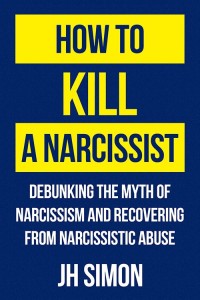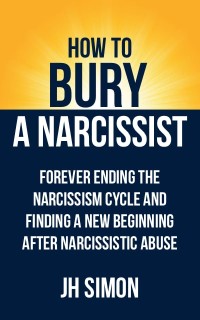We all know a manipulative person when we see them — in our gut. Something about them feels off, but this lingers just below our conscious awareness.
Holding this truth below the surface is our mind. The ego is a needs-meeting machine. That is all it cares about. If you have a strong need for approval, connection and significance, then you will overwrite your gut and drive yourself toward a manipulative person, even when it harms you in the long term.
We do such foolish things because manipulative people, in order to have their way with us, pay close attention to what we seem to crave, and they lavish us with it. Your ego, which knows you are starving for these things, will convince you to push your gut feeling down and to cooperate with the manipulative person.
A manipulative person will make you the centre of their world (significance), will listen intently to what you have to say (connection), and will shower you with compliments while agreeing with what you say (approval). When they have you sufficiently softened and attached, they extract what they need.
So to quickly recognize a manipulative person, you need a two-prong strategy:
- Be conscious of the divide between the ego trying to fulfil needs, and the needs deficiency you hold beneath the surface.
- Identify what your core needs are and develop a deliberate and healthy strategy to get them met.
Need connection? Join a social group of like-minded people, or attend a class you’re interested in, such as a dance class or yoga retreat. To guard against manipulative people in those environments, avoid emotionally investing too quickly or seeing that person more than once a week. If you catch yourself thinking about someone every day, or being in contact every day, then you are vulnerable to manipulation. Have regular, meaningful connection with many different people without putting your eggs in one basket.
Need approval? Ask for an honest appraisal instead. Work on developing a friendship in which you are brutally honest with each other. Doing so grounds the relationship in reality and brings you up close with your limitations. If someone can constructively criticise you, then their approval becomes more imbued with meaning because they know you and can be honest with you. Offer approval to each other, but only when it is earned and warranted. This requires a willingness to be equal, and a healthy sense of shame.
Need significance? Think about ways you can contribute to the world which provides value. It is lovely when someone flatters you and builds you up for no particular reason, but it is far more satisfying when someone acknowledges the hard work you put into offering value to the world. Do it for the love, and don’t hesitate to appreciate the love that comes back your way.
In summary, manipulators get their way with us by exploiting our deficient core needs. Develop a healthy strategy for meeting those needs which has you at the steering wheel, and your ego’s survival instinct will fade. As a result, it stays out of the way when your gut screams at you that the person you are dealing with has impure intentions.














